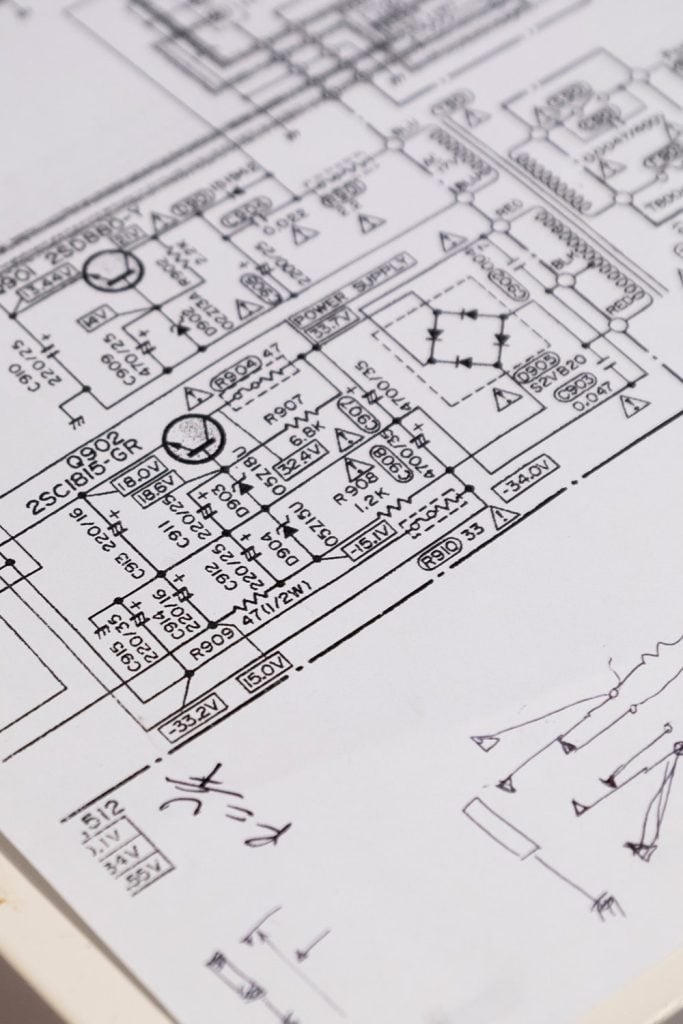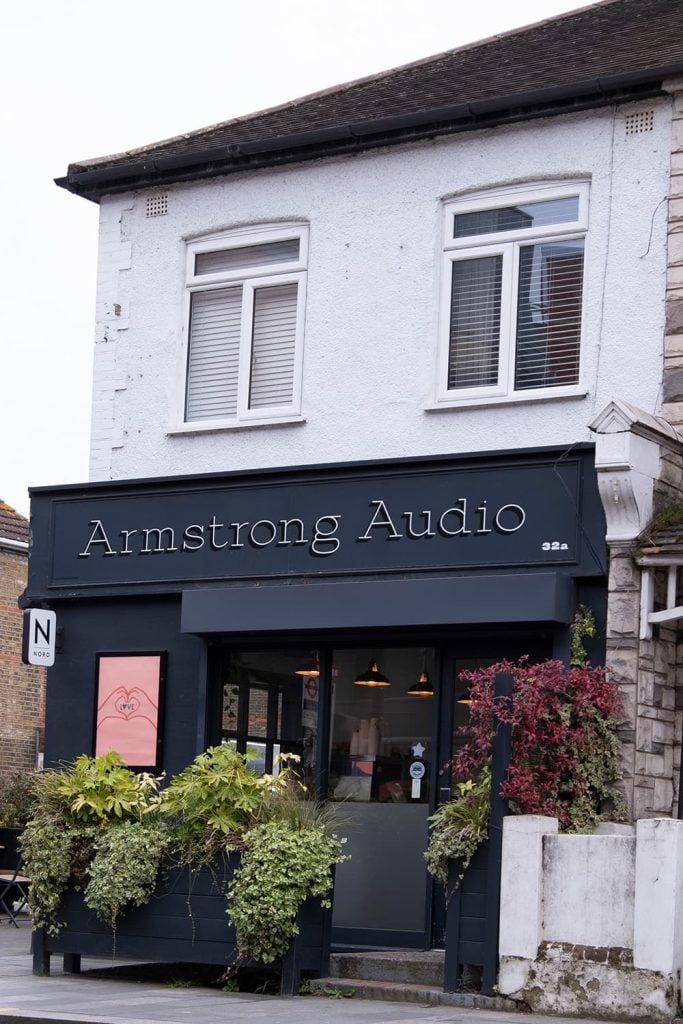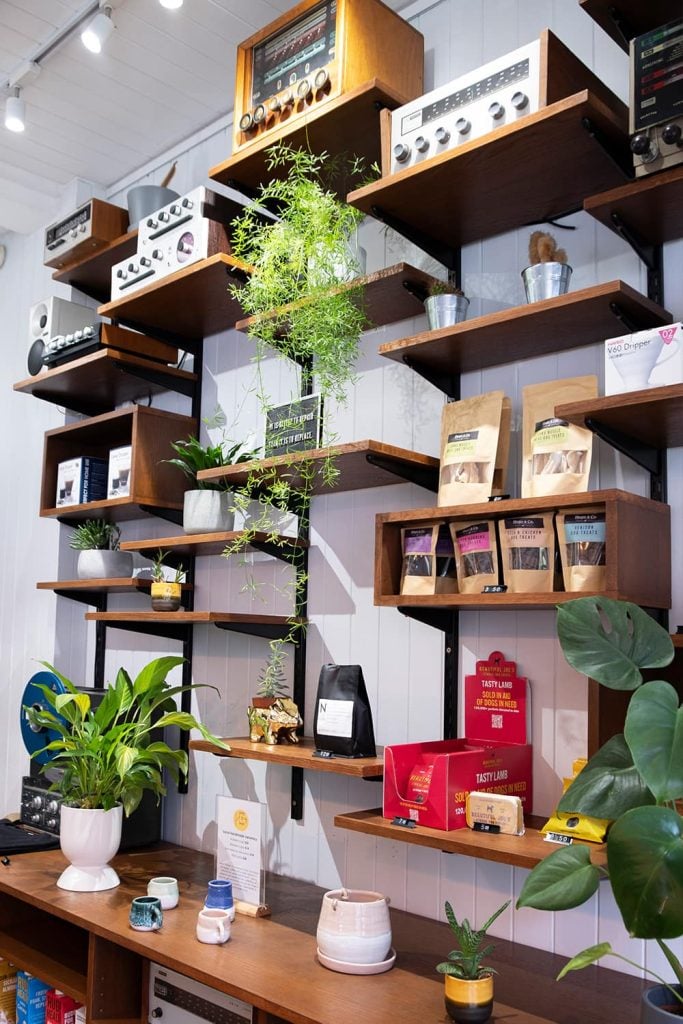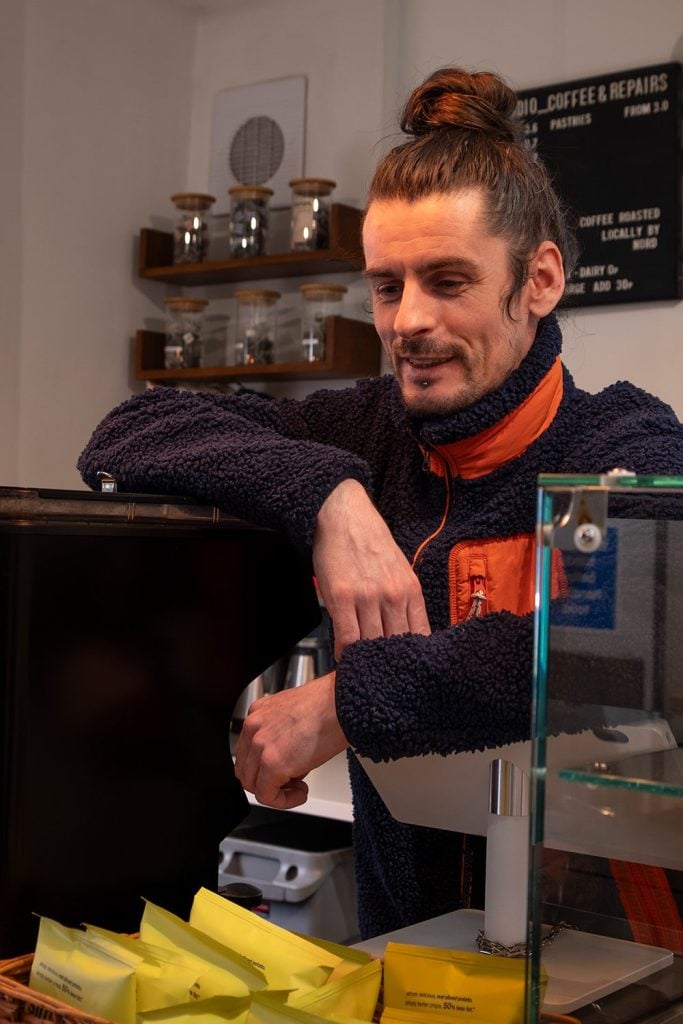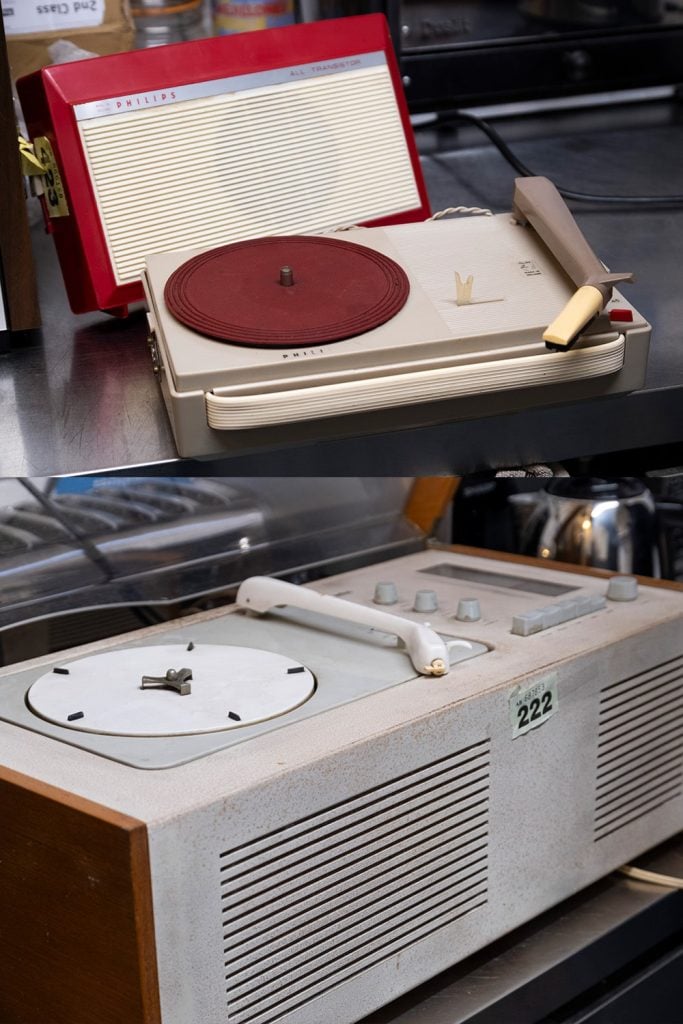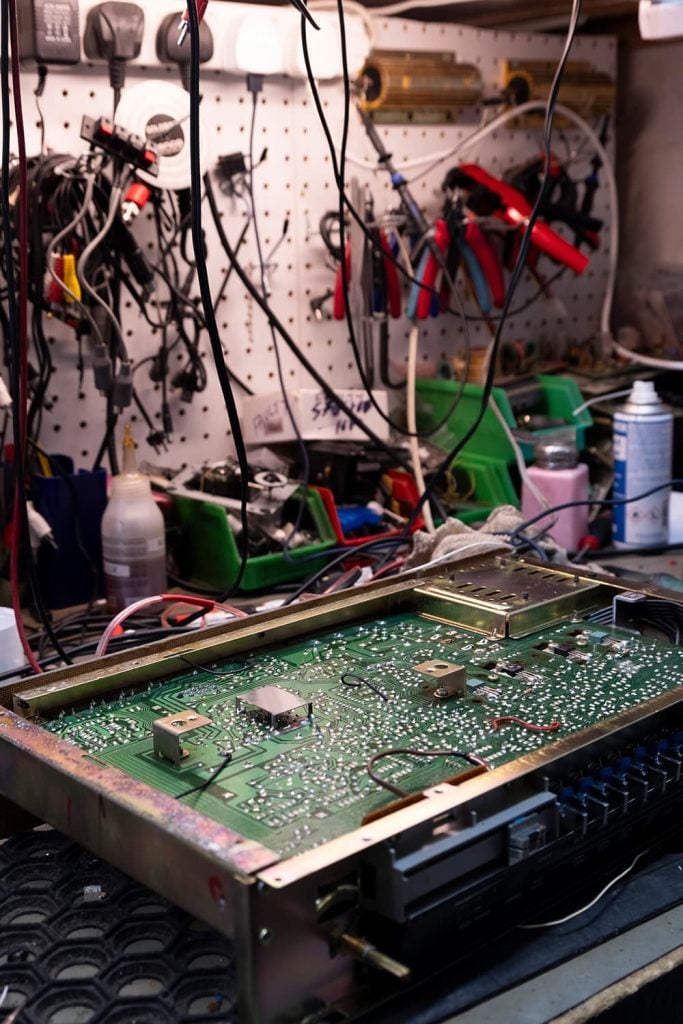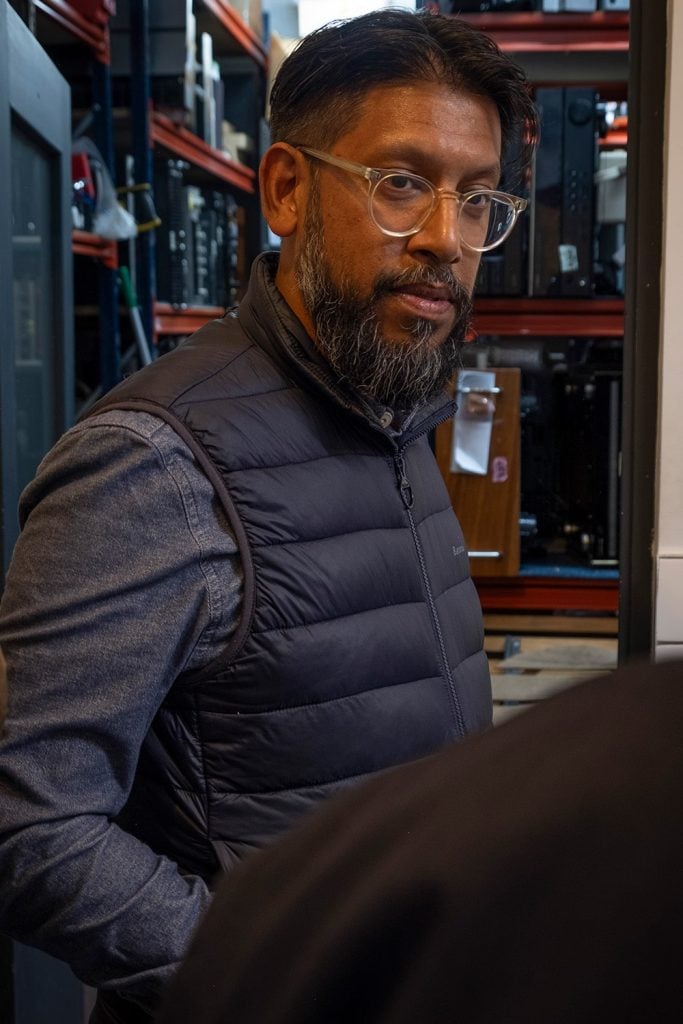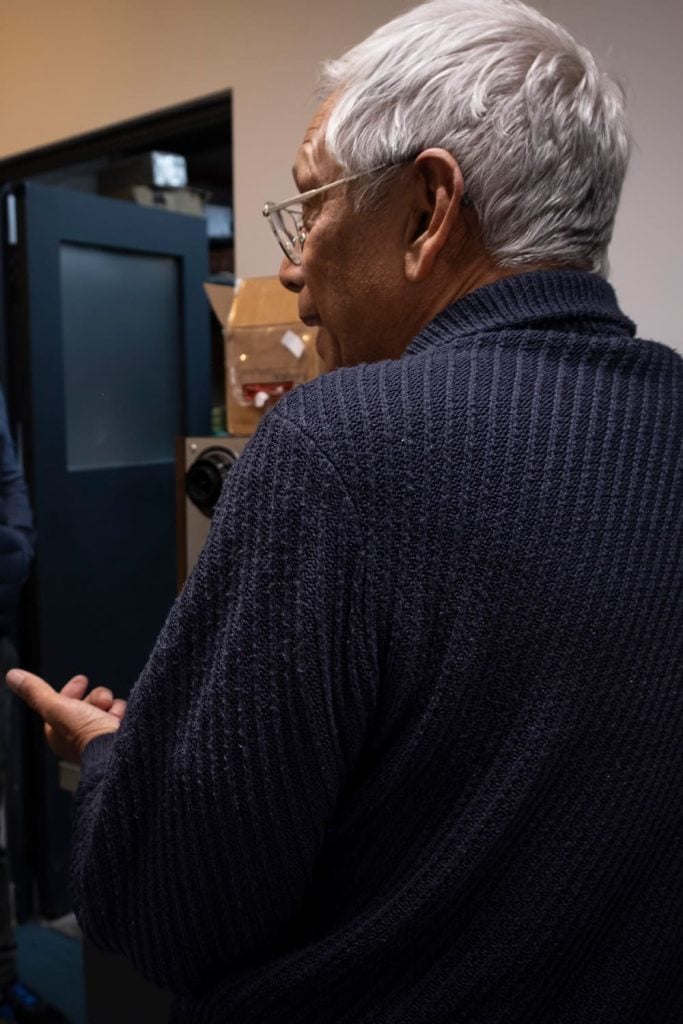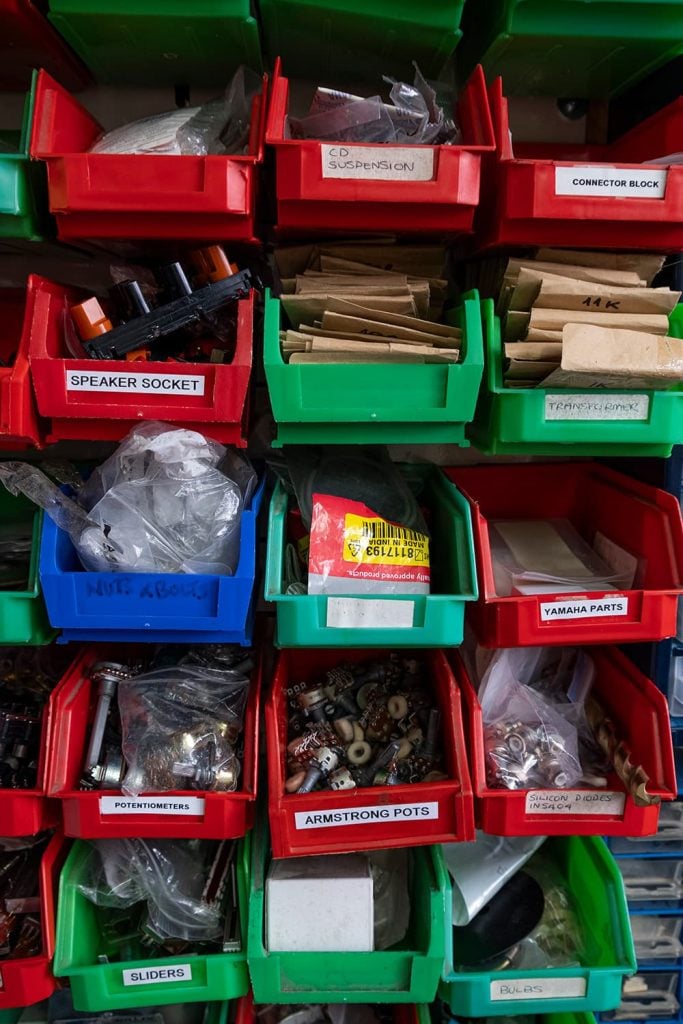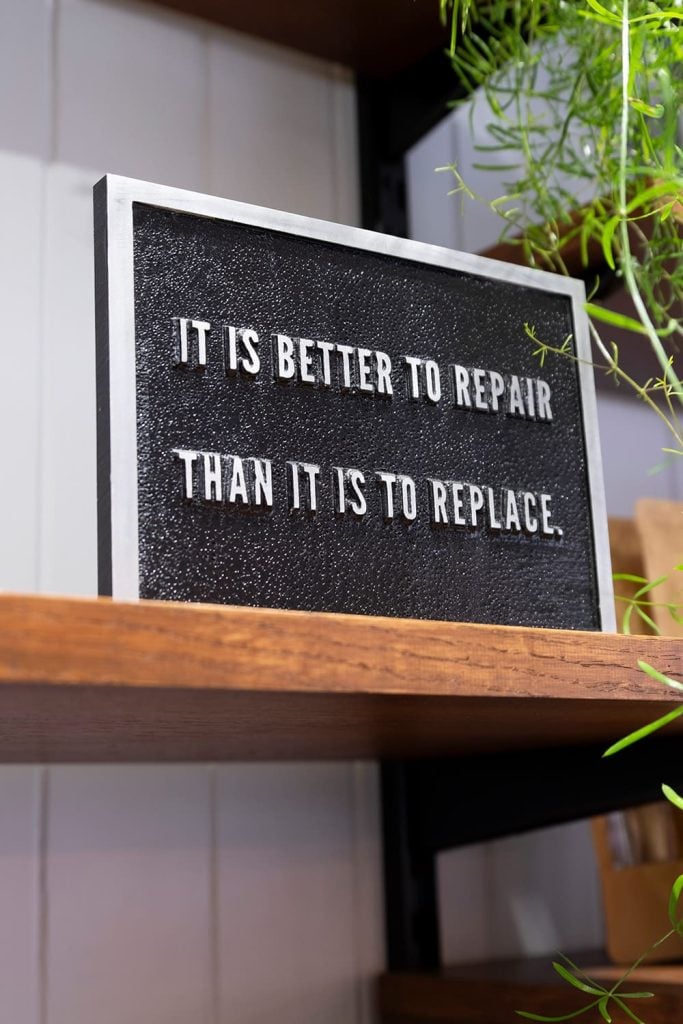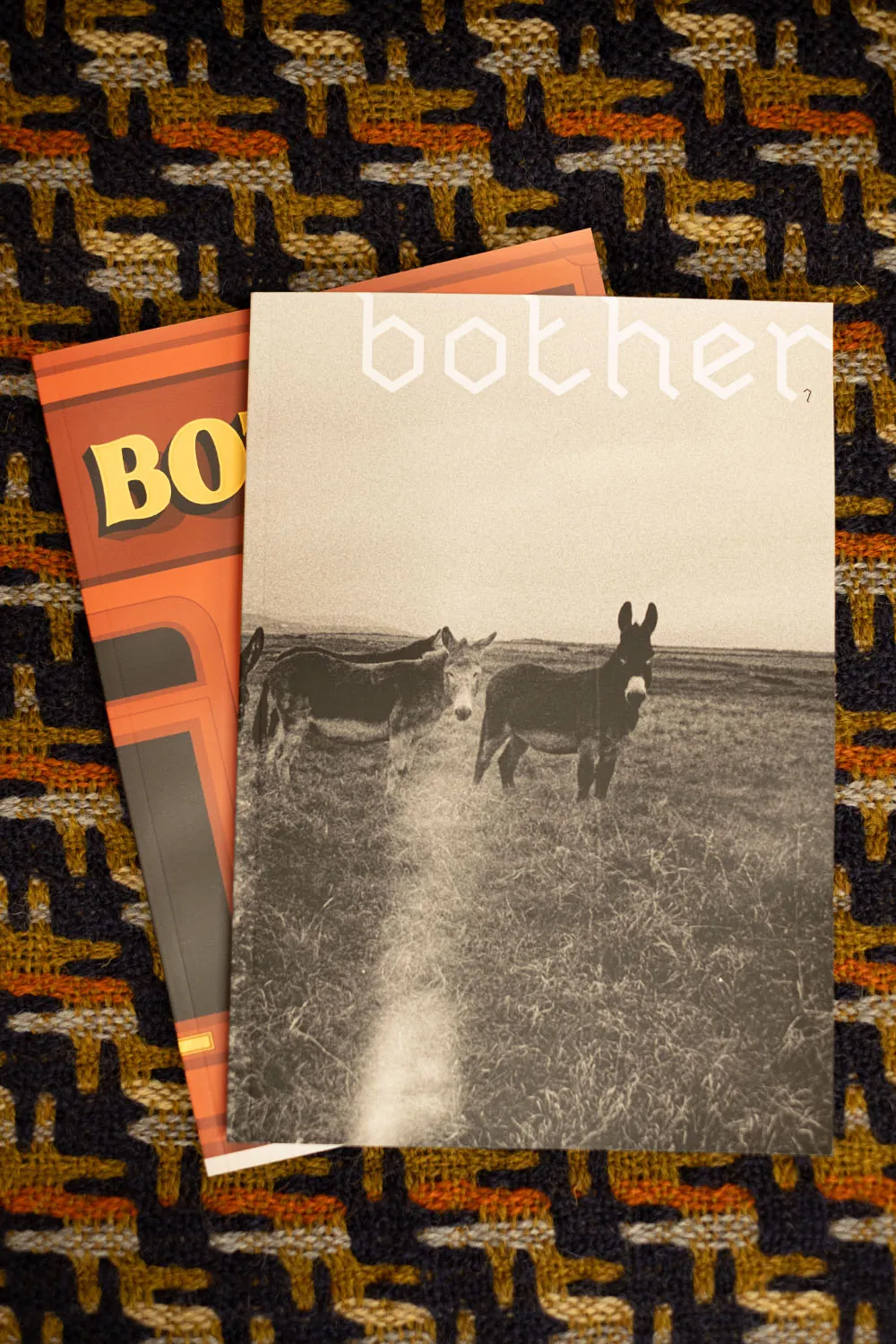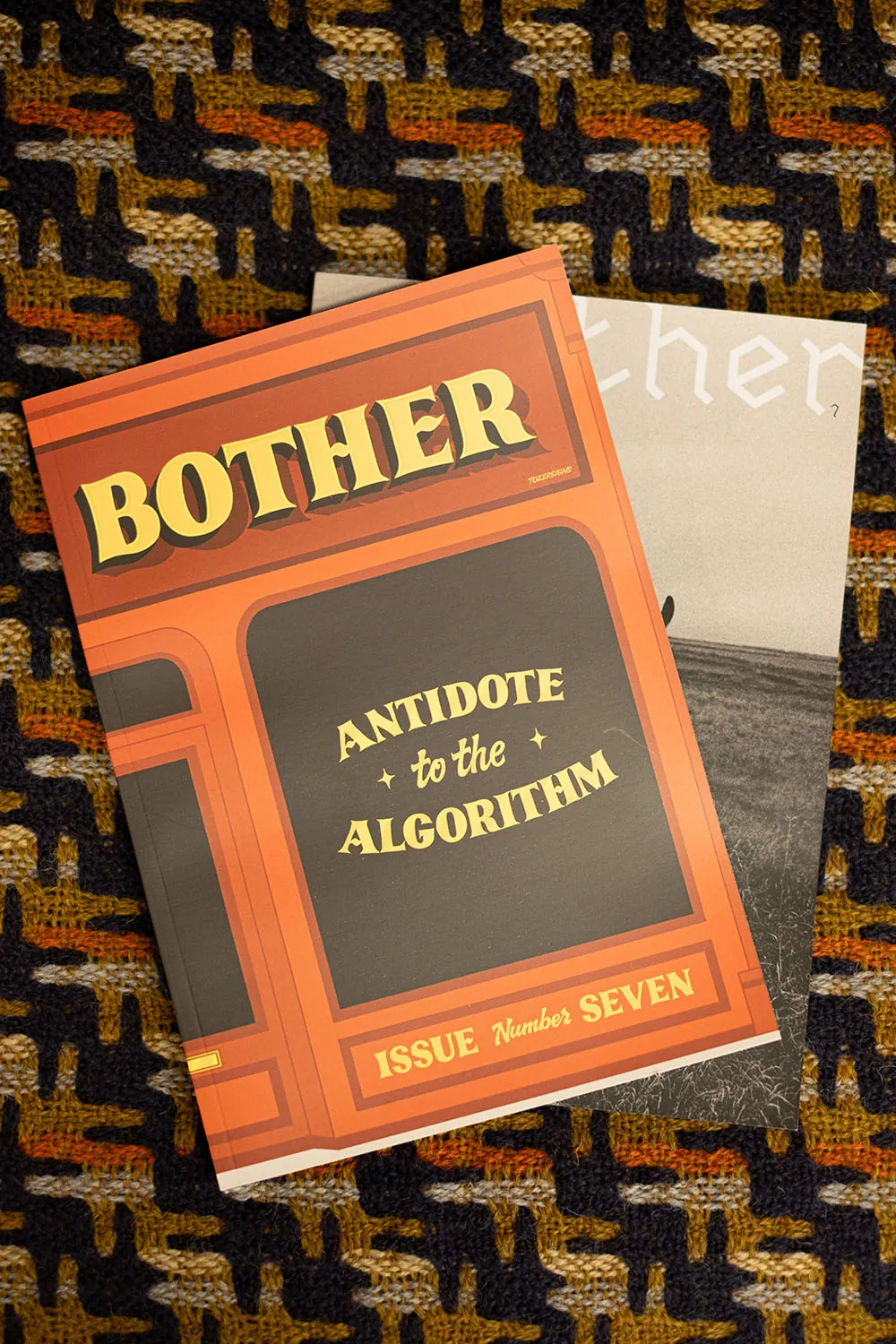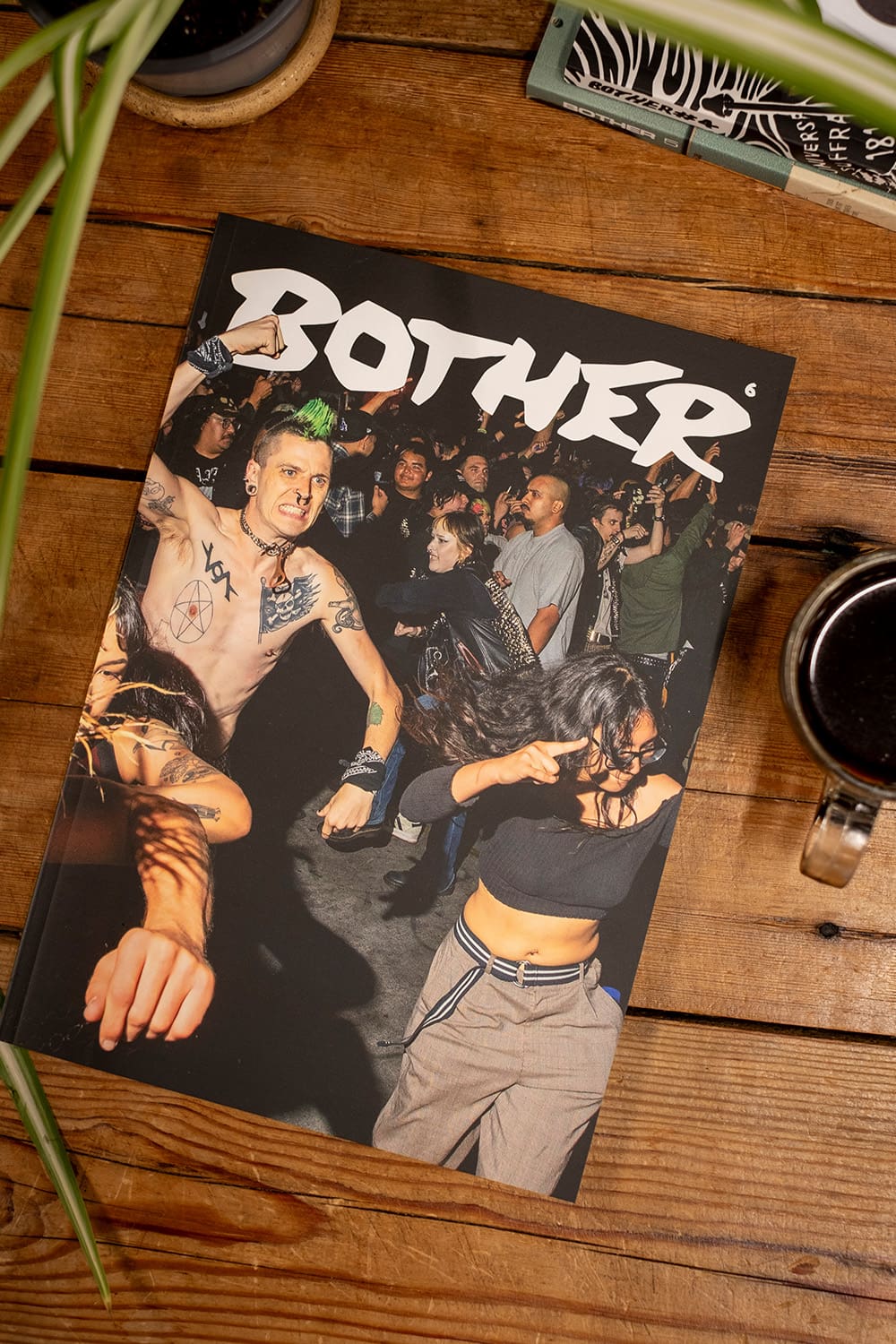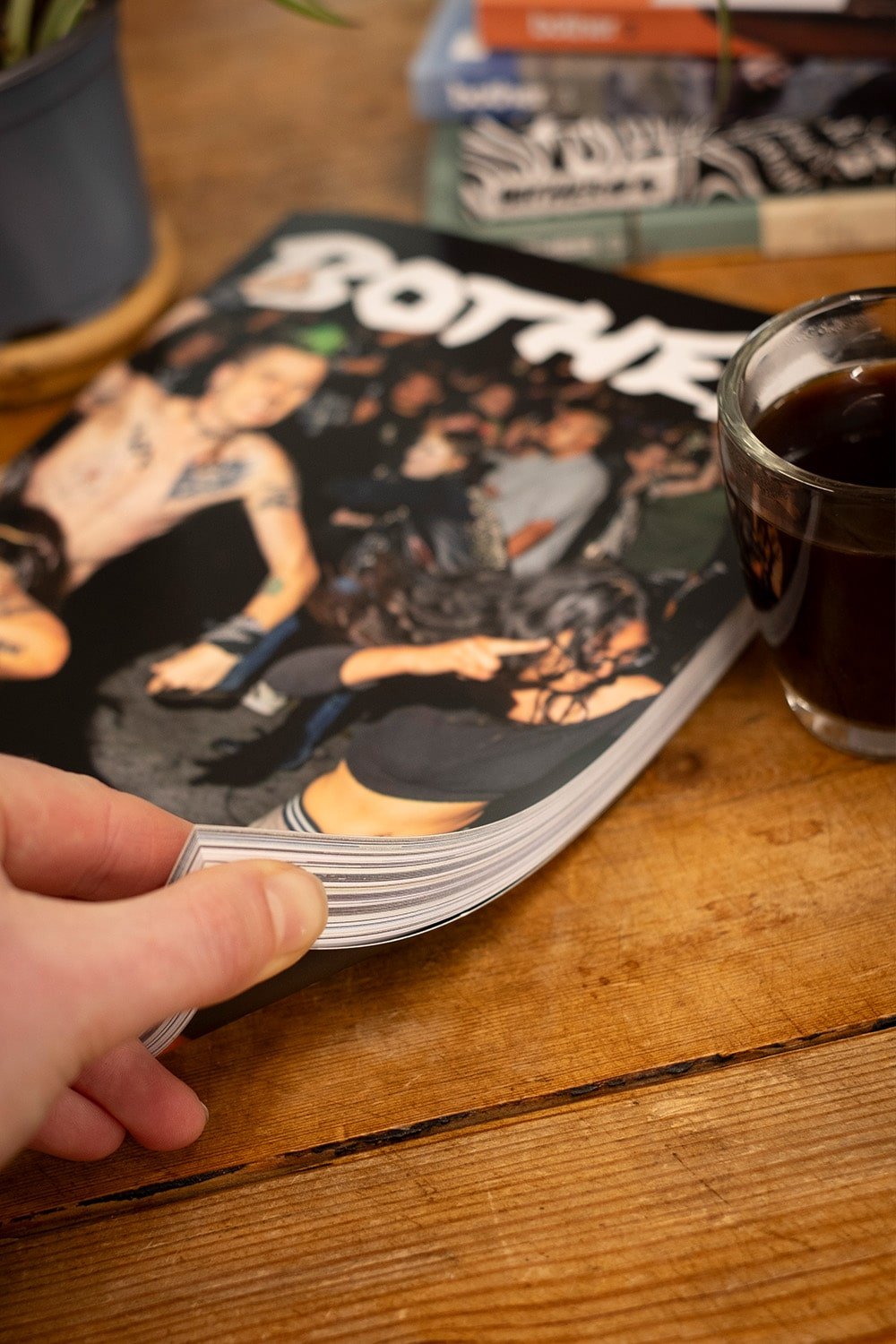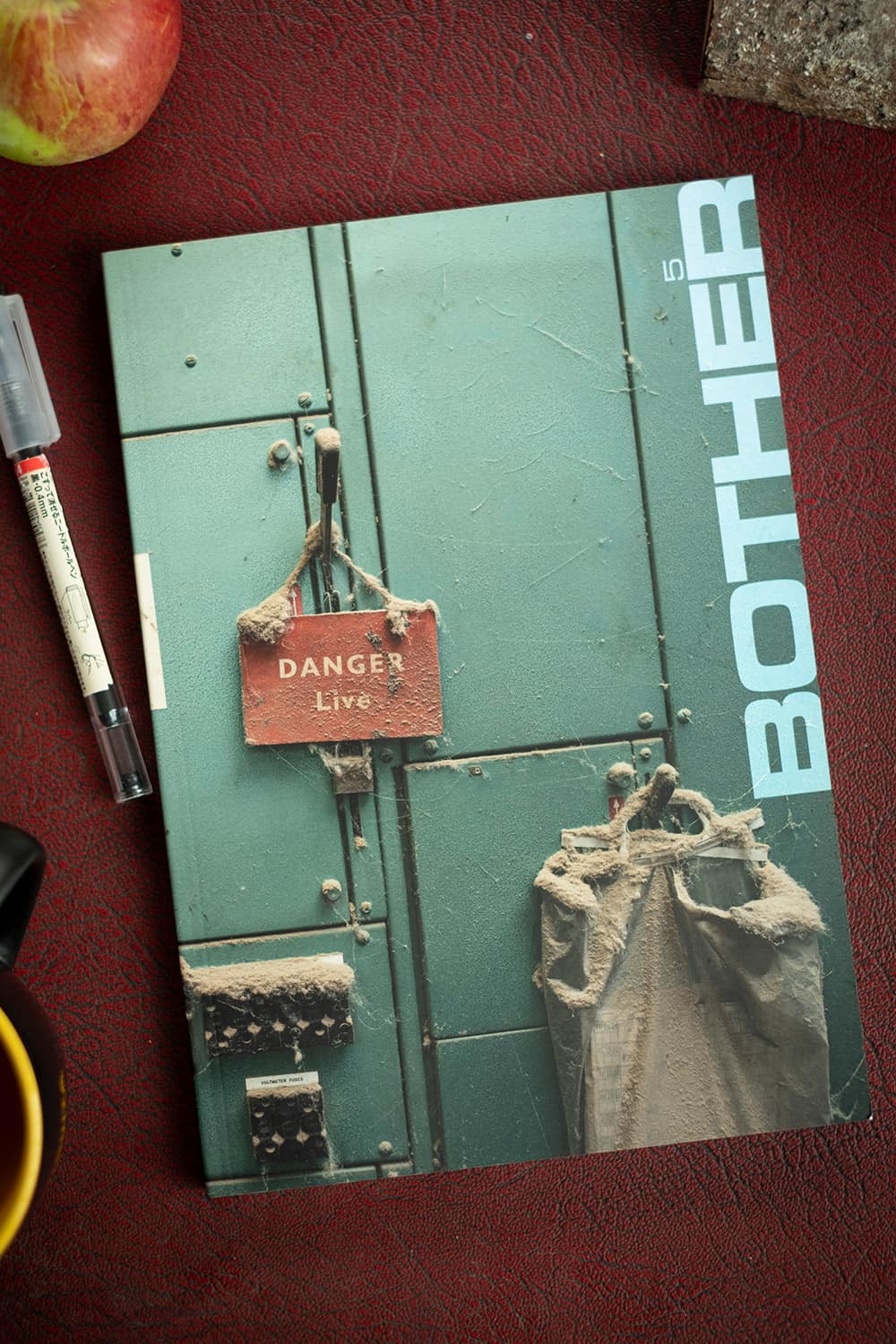Armstrong AudioSupport your local high street. And if you can, someone else's
When I first walked into this place I thought it was just a hipster coffee shop with audio equipment on the walls as decoration. The French guy behind the counter made me a delicious cheese and ham croissant and a great coffee. He explained that this was also a real audio repair shop, for iconic analogue equipment. Then I knew I’d stumbled into a place of actual magic.
A couple of visits later and I know Thomas the barista is also a music producer, with a small indie reggae label. He loves working here as he gets to make playlists and listen to them on a good system. Chatting with customers, often audio heads, who come in with equipment to service, or just for their caffeine fix, makes this a great day job.
Taking a couple of steps from the coffee shop to the workshop, I see a Korg keyboard, a Wurlitzer organ and the DJ’s favourite, a pair of Technics 1200-series turntables, all awaiting restoration. Hi-fi gold is neatly stacked all around: 1950s Braun stereo systems; a couple of studio-grade eight-track recorders; 1960s portable record players and many more loved items that have been handed down through families or simply found secondhand.
I meet the father and son team of T, the head audio technician, and Shamil, the entrepreneur. They explain why people want this old equipment. ‘Analogue sounds better,’ says T. ‘CDs lack body and MP3 is flat.’ Shamil adds, ‘Music in a physical form is a tactile experience and people crave this connection.’
Armstrong was founded in the 1930s, but the shop was reinvented in the mid-2000s. Prominently located on Blackhorse Lane, you’d think it would be a very expensive place to run a business like this. Luckily, Shamil’s grandad bought the building in the 1990s for ‘peanuts, well under £100,000’.
In the late 60s, T was freshly qualified with an electronics degree and wanted to make equipment in the booming audio market. ‘I went looking for a job, but all they wanted was experience. I didn’t have any!’ Armstrong took a chance on him. They manufactured their range of radios and amplifiers, ‘The High Fidelity Sound’, in Camden, equipment that combined good performance inside with strong style on the outside. Customers are still bringing their Armstrongs into the shop for repair today.
In the 1980s, Armstrong changed to become a repair business and in 1990 T bought the company, continuing as a traditional repair shop. Ten years on and he was ready to pack it in, the only problem being that he didn’t know what to do with himself. Shamil was working in the City and wanted a change of lifestyle. He proposed rebranding the repair business and adding a coffee shop in the space that had been the reception. Locally roasted coffee next to circuit boards and soldering irons. According to Shamil, ‘You get more than just a coffee here, you get a moment, you get a story.’ Previously, customers never saw his dad or the workshop. Now they are involved. Whether having a coffee or bringing in a cherished item for repair, they see people fixing stuff, they learn and connect with the process.
The most common repair is amplifiers, usually after people have watched YouTube and attempted a repair themselves.
Shamil shares advice with others setting up a similar business. ‘Find a way to give people something they can go away with and tell others about. Involve them in the process and they’ll love you for it and keep coming back. People want stories, they want to go away with a story, it’s not just about the product. They want more.’
Need to know
- Est. 1932
- 32a Blackhorse Lane, Walthamstow, London E17 6HJ
- www.armstrong-audio.com
Words: Ed Oxley / Photos: Vic Whitaker
First published in Issue 1 of BOTHER Magazine, April 2024
